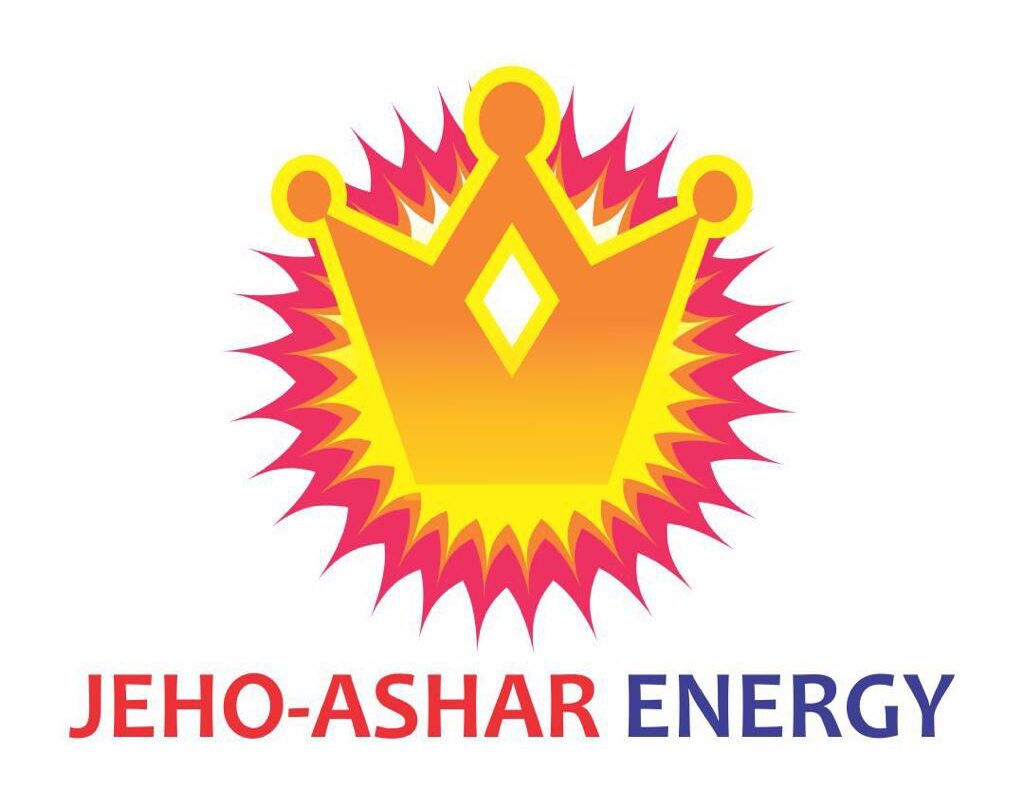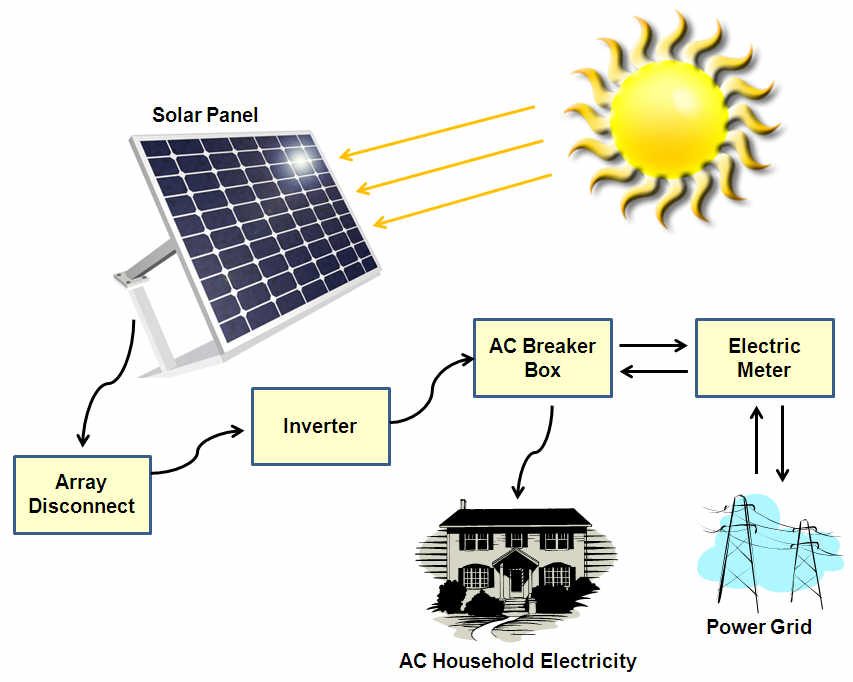As the demand for solar energy continues to rise, the need for skilled solar installers is also increasing. At Jeho Ashar Energy, we understand that competent installers are the backbone of every successful solar project. This comprehensive guide outlines the essential knowledge and skills aspiring solar installers need to succeed in the industry and how Jeho Ashar Energy can be a valuable partner in their journey.
1. Technical Knowledge and System Components
A solid grasp of solar photovoltaic (PV) systems is the foundation for any solar installer. This includes understanding:
- Electrical Basics: Knowledge of voltage, current, resistance, and how these elements interact in solar systems.
- PV System Components: Identifying and understanding the functions of solar panels, inverters, batteries, and charge controllers.
- System Sizing and Design: Calculating the required number of panels, battery capacity, and inverter ratings to meet specific energy demands.
- Wiring and Cabling: Proper cable selection and connection techniques to ensure optimal performance and safety.
- Energy Storage Systems: Integrating battery storage solutions to enhance system reliability.
2. Installation Techniques and Best Practices
Installing solar systems requires technical precision and adherence to best practices. Key skills include:
- Roof and Ground Mounting: Techniques for securely installing solar panels on rooftops and ground mounts while considering structural integrity.
- Electrical Wiring: Safely connecting solar components, inverters, and battery systems.
- System Testing and Commissioning: Verifying that the system operates at peak efficiency and complies with safety standards.
- Cable Management: Properly routing and securing cables to prevent damage and electrical hazards.
3. Safety Protocols and Risk Management
Solar installation involves working at heights and handling electrical systems. Essential safety knowledge includes:
- Personal Protective Equipment (PPE): Helmets, gloves, harnesses, and safety glasses to protect against falls and electrical hazards.
- Fall Protection Systems: Setting up safety lines and harnesses for rooftop work.
- Electrical Safety: Understanding grounding, circuit protection, and proper shutdown procedures.
- Risk Assessment: Identifying potential hazards and implementing preventive measures.
4. Troubleshooting and Maintenance
A competent solar installer must also be skilled in diagnosing and resolving system issues. This includes:
- Common Faults: Identifying issues such as panel shading, inverter malfunctions, and battery degradation.
- Testing Equipment: Using multimeters, clamp meters, and thermal cameras to pinpoint faults.
- Maintenance Schedules: Performing regular inspections to maintain optimal system performance and extend component lifespan.
5. Customer Service and Communication
Effective communication is key to ensuring client satisfaction. Installers should be able to:
- Explain System Operations: Break down complex technical information in simple terms.
- Provide Maintenance Tips: Educate clients on basic maintenance and troubleshooting.
- Address Client Concerns: Respond to questions professionally and provide timely support.
6. Regulatory Knowledge and Permits
Navigating regulations is crucial to ensure compliance. Installers must be familiar with:
- Local Building Codes: Adhering to zoning laws and electrical codes specific to solar installations.
- Permitting Processes: Securing necessary permits for grid-tied and off-grid systems.
- Government Incentives: Understanding solar rebates, tax credits, and net metering policies.
7. Business and Marketing Skills
For installers looking to operate independently or start a business, these skills are vital:
- Project Management: Planning and executing installations efficiently.
- Client Acquisition: Networking with potential clients and securing contracts.
- After-Sales Support: Offering maintenance packages to ensure long-term client satisfaction.
How Jeho Ashar Energy Supports Aspiring Solar Installers
At Jeho Ashar Energy, we are committed to nurturing the next generation of solar installers through:
- Comprehensive Training Programs: Hands-on workshops covering installation techniques, safety protocols, and troubleshooting.
- Mentorship and Support: Access to industry experts for guidance and advice.
- Cutting-Edge Technology: Exposure to the latest solar products and predictive maintenance systems.
- Employment Opportunities: Connecting skilled installers with projects across residential, commercial, and industrial sectors.
Partnering with Jeho Ashar Energy means gaining access to valuable resources, industry connections, and ongoing support. Whether you’re just starting or looking to expand your skills, we are here to help you succeed in the rapidly growing solar industry.
Ready to kickstart your career as a solar installer? Contact Jeho Ashar Energy today to learn more about our training programs and opportunities.


